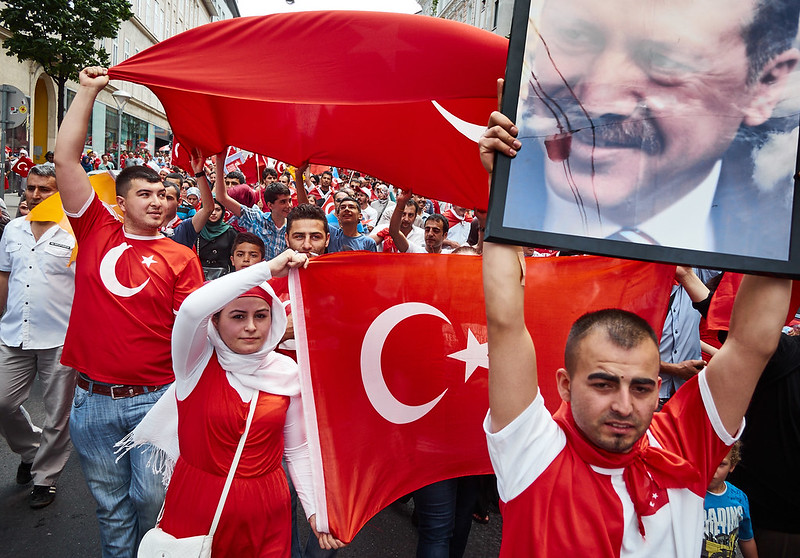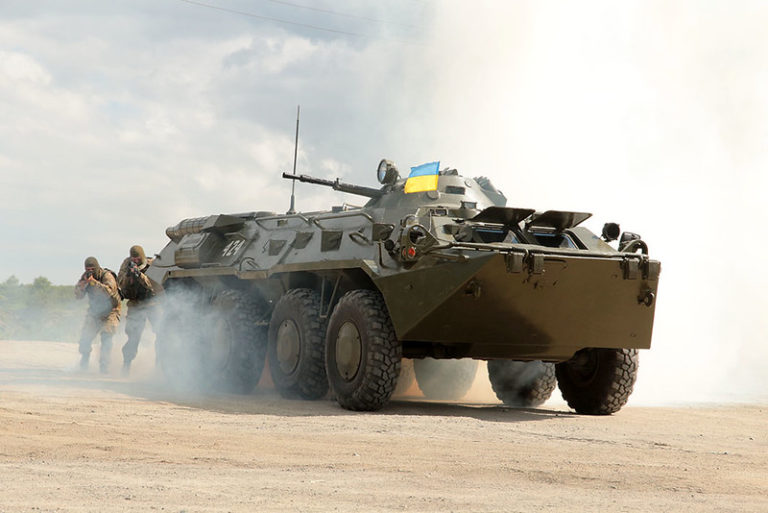Letter from La Vigie dated 11 May 2022

Intensity, symmetry, threshold, model
From a theoretical point of view, what does the war in Ukraine tell us? Many talk about high intensity. It is more a question of symmetry, which leads to threshold effects but also to technological mixes of old weapons and new objects. A fine diagnosis must be made that questions our armed forces model.
To read the article, click here
Turkish balancing act
The Turkish regime is trying by all means to stay in power, but the economy has been cruelly hurting the man in the street for the past year, and the Ukrainian crisis has only reduced the margins of manoeuvre, making the diplomatic position vis-à-vis Russia delicate. As Erdogan strives to improve foreign relations, the only way out should be an increased presence in Libya, where hydrocarbons represent a lifeline for Turkey, away from Russia and Iran.
To read the article, click here
Lorgnette: United Ireland?
The Brexit (LV 135) has raised the question of the future of the United Kingdom (LV 105) since its adoption. If many thought that the disintegration of the kingdom would come from Scotland (LV 71), the recent elections in Northern Ireland indicate a second possible cause. Indeed, the nationalist party Sinn fein (in favour of reunification with Ireland) won (27 seats out of 90) while its unionist opponent, the DUP, obtained only 25 seats. Sinn fein will therefore form the government, with the DUP appointing a deputy prime minister according to the Good Friday Agreement (1988). Negotiations were going to be tough.
The result of the elections is primarily due to social causes, inflation and the division of the DUP following the Brexit agreements which ratified a complicated agreement for Northern Ireland, a “protocol” governing customs provisions (it provides for free movement with the Republic of Ireland but controls with Great Britain). So it is the European question that is posed to London, once again. The fact remains that this vote opens the way, if things continue, to a referendum for unification in a few years’ time.
Subscribers: click directly on the links to read online or download the pdf issue (here), always with your login/password. New readers: read the article by issue, by clicking on each article (€2.5), or subscribe (discovery subscription €17, annual subscription €70, orga. subscription €300 excl. tax): here, the different options.
JOCVP
photo credit : MichaelGubi on VisualHunt



